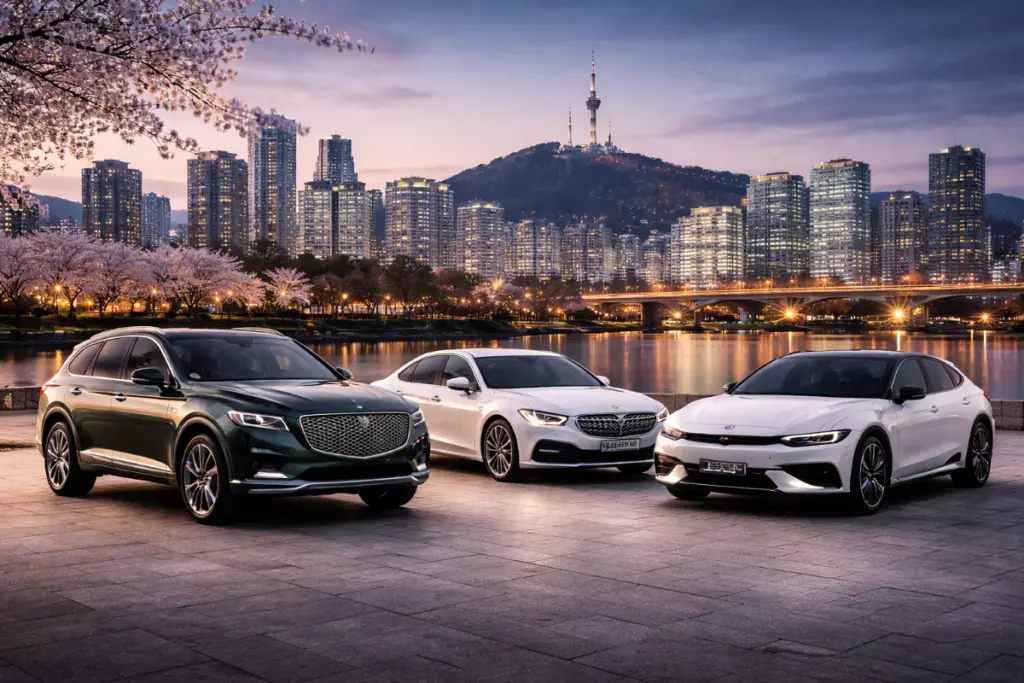A recent study, conducted by three Northwestern University professors and published through Cambridge University Press on behalf of the American Political Science Association, unveils a striking trend – the increasing presence of billionaire politicians on the world stage. This phenomenon shines a spotlight on the growing influence wielded by the super-rich in politics.
Here’s what the study found:
More Billionaire Politicians Than You’d Think: Over 11% of the world’s 2,000+ billionaires have dabbled in politics by running for office or taking on political roles. This surge has raised eyebrows and led to concerns about the immense political power in the hands of a tiny elite.
Global Billionaire Politicians: While billionaire politicians have had mixed results in the United States, they’ve enjoyed notable success on the global stage. Most of them tend to lean towards conservative views.
Notable Examples: We’ve seen billionaire candidates like Donald Trump, Michael Bloomberg, and Tom Steyer making significant financial investments in their political ambitions. In the international arena, billionaires like Terry Gou in Taiwan, Andrej Babiš in the Czech Republic, and Silvio Berlusconi in Italy have made their mark in politics.
Money Talks: Billionaires flex their financial muscle by making often undisclosed donations to support political candidates, parties, and super PACs. In the 2022 U.S. federal midterm elections, they donated a record $881 million, with many top donors favoring Republicans.
The Study’s Scope: The study examined 2,072 billionaires listed by Forbes who entered politics while already billionaires. Those who became wealthy primarily through politics were not part of the study. Notably, Russia’s Vladimir Putin wasn’t included because he wasn’t on the Forbes list and reportedly acquired his wealth after entering politics.
Varied Roles: The study looked not only at elected officials but also at billionaires holding cabinet-level positions, key government roles, and ambassadorships. Most billionaire politicians had diverse political roles during their careers. French billionaire Serge Dassault, for example, was involved in 16 different positions throughout his political journey.
Success in Autocracies: Billionaire politicians tend to fare better in autocratic and authoritarian systems compared to democracies. China stands out with a high rate of billionaire politicians, followed by Hong Kong and Russia. In contrast, Japan and Australia appear to lack billionaire politicians directly involved in politics.
Political Leanings: Globally, billionaire politicians tend to lean more to the right of the political spectrum. In the United States, they are 2.5 times more likely to affiliate with the Republican Party. In Europe, they lean even further to the right.
Why It Matters: The study suggests that the affluent often embrace fiscal conservatism, oppose social spending programs, prioritize efficiency over equality, and see economic inequality as a result of individual choices rather than structural factors. They also compete for social status.
In conclusion, the study highlights the global rise of billionaire politicians, and their influence is being felt both in direct political roles and through their significant financial contributions. As we continue to witness this trend, it will undoubtedly reshape political landscapes worldwide.

















